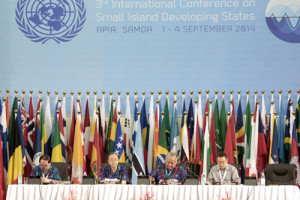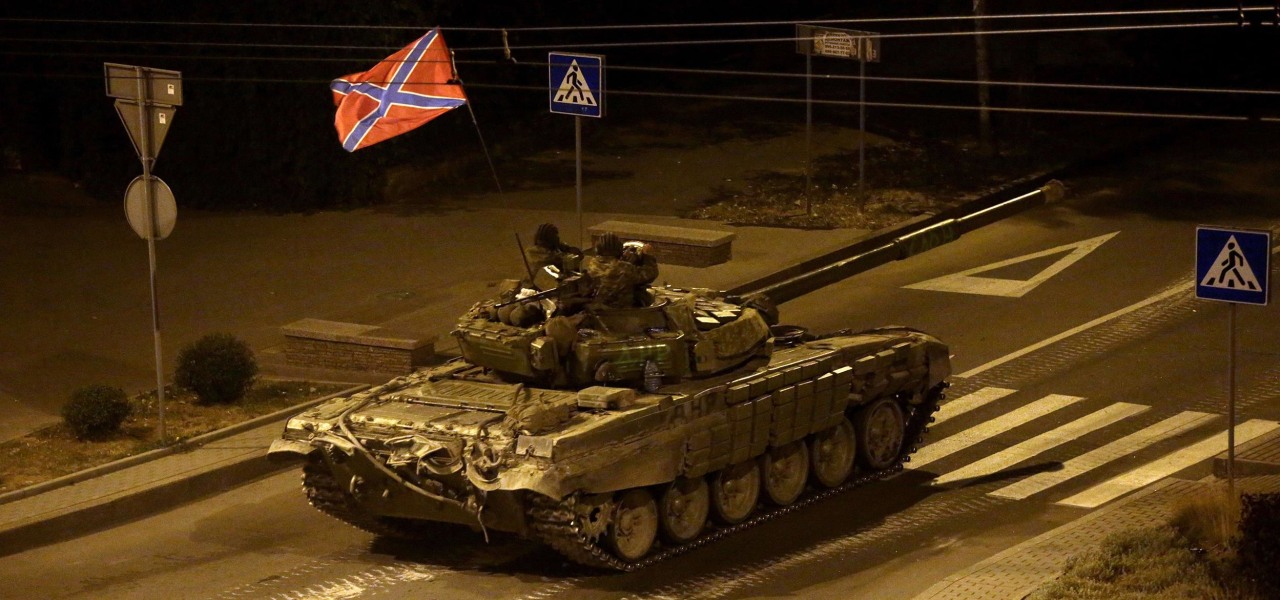By Max Bartels
Impunity Watch Reporter, Oceania
Apia, Samoa
This week the U.N held the Third Annual Conference on Small Developing States in Apia, Samoa. This year the conference focused on the development of small island nations mainly in Pacific but also in the Caribbean and the Atlantic. The conference was centered on the many challenges faced by developing island nations such as food security and scarcity, safeguarding and harnessing aquatic resources, climate change and environmental degradation.

(Photo curtesy of U.N News Centre)
The conference represents a renewed political effort to confront the problem faced by these island nations. By the end of the conference $1.9 Billion had been pledged to sustainable development projects for island nations across the world. These partnerships are between governments, businesses and U.N entities. The projects they have agreed on range from sustainable development, climate change to risk management.
The nations across Oceania showed overwhelming support for the results of the conference. The Samoan President has been vocal about the need for action on many of the issues that plague island nations, the conference was an important step toward real action, especially in the area of climate change. Island nations face the brunt of the damage related to climate change, Samoa is one of them, suffering from an earthquake and a tsunami in 2009. Samoa and other island nations face rising sea levels that cut down on square mileage and cause overcrowding and food scarcity.
Many of these Island nations opportunities for renewable energy development but most are entirely dependent of fossil fuel imports. Climate change and its effects was certainly a focus of the conference. The U.N Secretary- General has outlined a goal for nations to be achieving sustainable energy by 2030; he stated that all that is needed is corporate stakeholders to support these initiatives.
A corporation called FAO is one of these stakeholders and has invested $40 million dollars to initiatives in island nations. Its flagship initiative is called Global Blue Growth and focuses on the fishing industry, which contributes up to 10% of the GDP in Pacific island nations. The initiative focuses on industrial as well as small- scale family fisheries to increase the production and wealth of this important part of an island nations economy. The fishing industry will only become more important as these islands continue to slip into the ocean, there will be less room for land based agriculture. According to the U.N and many island nations the conference was a success. The U.N now looks toward the Climate Change Summit later this month in New York to continue the progress made in Samoa.
For more information, please see:
U.N News Centre — Conference Leaves “Legacy with Impact” — 4 September, 2014
Thomson Reuters — UN Conference on Small Island Developing States Opens in Samoa — 1 September, 2014



